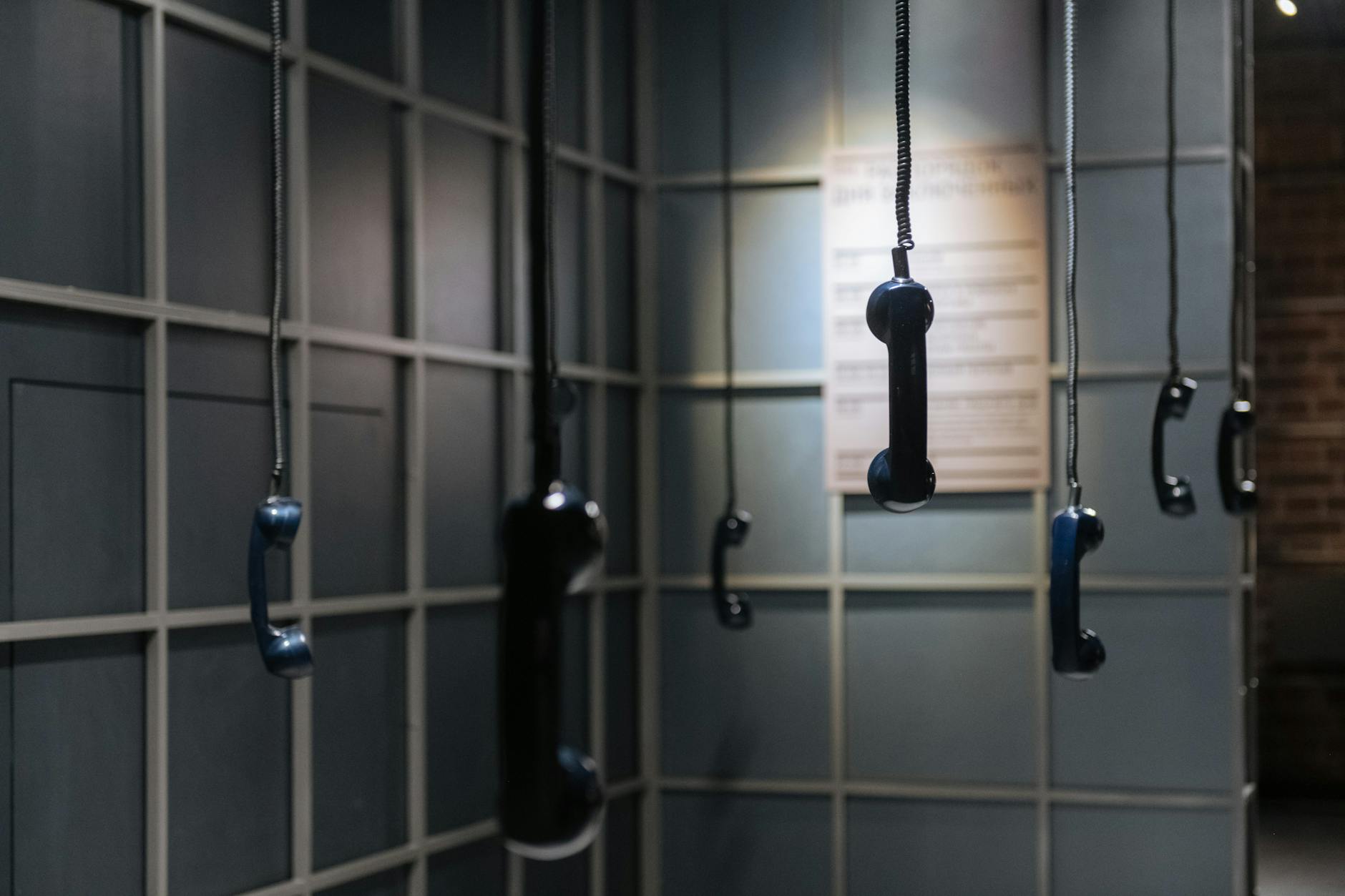Typically, inmates are allowed 2 phone calls per week and limited to 30 minutes in the US. However in the UK, depending on the institution, an inmate has a general access to phones two hours each day and 10 minutes at a time.
The contact is used to connect with family, and friends and converse with lawyers to help their case. It allows them to seek legal help and emotional support from relatives to relieve themselves from anxiety and also decreases the chances of emotional collapse for inmates.
In Unlocked: A Jail Experiment, a new Netflix series, Sheriff Higgins decided to authorise free unlimited phone calls (phone calls are deducted from their allowance) for inmates to freely talk with family and lawyers without worrying about phone money. This is done with good intentions, however Sheriff Higgins recognises that by doing so, there will be an increase in hostile behaviour. Prisoners are also susceptible to bad news and disappointment that further exacerbate their already stressful circumstances. Inmate Tiny, for instance, made use of the opportunity by calling his son whom he had not seen for years. But, despite the attempt to reach contact, there was no response from the other end. Tiny is then noticeably disappointed and frustrated as he admits that ‘’even as a gangster [his son not picking up] can hurt’’. Later on in the day, he volunteers to distribute the trays however perhaps miscounted, attributed to his failed connection with his son, he became easily irritated and caused a disruption within the unit.
Moreover, inmates possibly may fight over the phone and allow domineering inmates to intimidate others , then causing further havoc.
Sheriff Higgins recognises that the privilege of phone calls has its drawbacks as he states: ‘’The flip side of it increases the chances of them receiving bad news or they may reach out and not have the opportunity to talk to someone so that’s stress in itself. The inability to connect to loved ones can spark negative feelings and ‘’that’s when the fights start’’. Gradually the irritation felt by one may ‘’spread in the unit’’
Phone calls allow incarcerated parents, family members, and friends to maintain relationships and avoid feelings of isolation, which may contribute to how they behave in prison and outside. For instance, an American based organisation , The Urban Institute, notes: a study found that 83% of children in contact with their imprisoned parents result in their professional and personal success. Moreover, regular contact with family members has shown a remarkable decrease in anxiety and depression among the inmates. The most significant finding is a strong family connection resulted in a 25% decrease in recidivism rate.
However, the cost of phone calls may act as a deterrent to how often incarcerated people communicate with their loved ones. For instance, one mobile phone call costs £ 1.30 per day which means £9.10 per week. The average wage is 10 pounds per week, which only allows them a small disposable income for commissary.
Nonetheless, if the same practice is applied to UK prisons, the chances of reoffending for most may decrease. Solutions to regulate the tension within units can include allowing frequent phone calls and lowering phone costs, but these must be highly regulated to ensure that there are no suspicious and distressing interactions.
By Nikath Yr10
